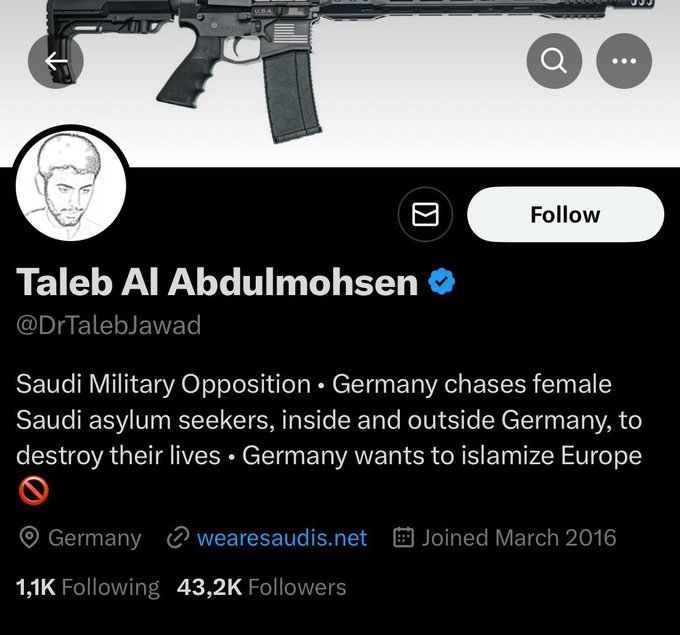Magdeburg Christmas Market Attack: A Tragedy Unfolds in Germany
Executive Summary
A devastating attack on the Magdeburg Christmas Market on December 20, 2024, left five people dead, including a child, and over 200 injured. A 50-year-old Saudi-born doctor, Taleb al-Abdulmohsen, drove his vehicle into the crowd, with preliminary investigations suggesting he acted alone. Authorities report his motives are unclear, though his social media activity highlights anti-Islamist and far-right sentiments. Saudi Arabia had reportedly warned Germany of his extremist views a year prior. The incident, occurring days before Christmas, has reignited debates on migration, radicalization, and public security in Germany. As the nation grieves, leaders, including Chancellor Olaf Scholz, have called for unity and resilience in the face of tragedy.
Analysis
The attack in Magdeburg underscores both the vulnerabilities and the resilience of public spaces during festive periods. The driver, identified as Taleb al-Abdulmohsen, reportedly harbored anti-Islamist views and supported the far-right AfD party. His rhetoric included conspiracy theories and admiration for polarizing figures like Elon Musk and Alex Jones, suggesting potential ideological influences. However, police have yet to establish a definitive motive, ruling out immediate links to Islamist extremism. Initial reports also suggested that there may have been an explosive device inside the suspect's vehicle, but this remains unconfirmed at this time.
This tragedy bears unsettling parallels to past Christmas market attacks, such as the 2016 Berlin incident, while introducing complex questions about lone-wolf attackers with unconventional ideologies. Saudi Arabia reportedly warned Germany of the suspect's extremist views, raising concerns about missed opportunities for intervention.
The aftermath has prompted significant public and governmental responses. Vigils, including a memorial service led by President Frank-Walter Steinmeier, reflect nationwide mourning. Leaders have emphasized solidarity and denounced hate, with Olaf Scholz asserting that such acts must not dictate societal harmony.
Meanwhile, security measures at Christmas markets across Germany have intensified, with visible police presence and increased surveillance at access points. This attack also underscores the necessity of addressing radicalization, not just from religious extremism but also from other ideological spectrums.
Public reactions vary from sorrow to heightened concerns about security and migration policy, as debates intensify in the lead-up to Germany’s February 2025 elections. The far-right AfD party, polling strongly, has used the tragedy to bolster its calls for stricter migration controls, though the suspect himself was a recognized refugee critical of Islam.
In a broader context, the attack reflects growing challenges in identifying and preventing acts of violence from ideologically diverse perpetrators. Germany’s response—both in immediate terms and in addressing systemic factors—will be closely watched globally.
Sources:
